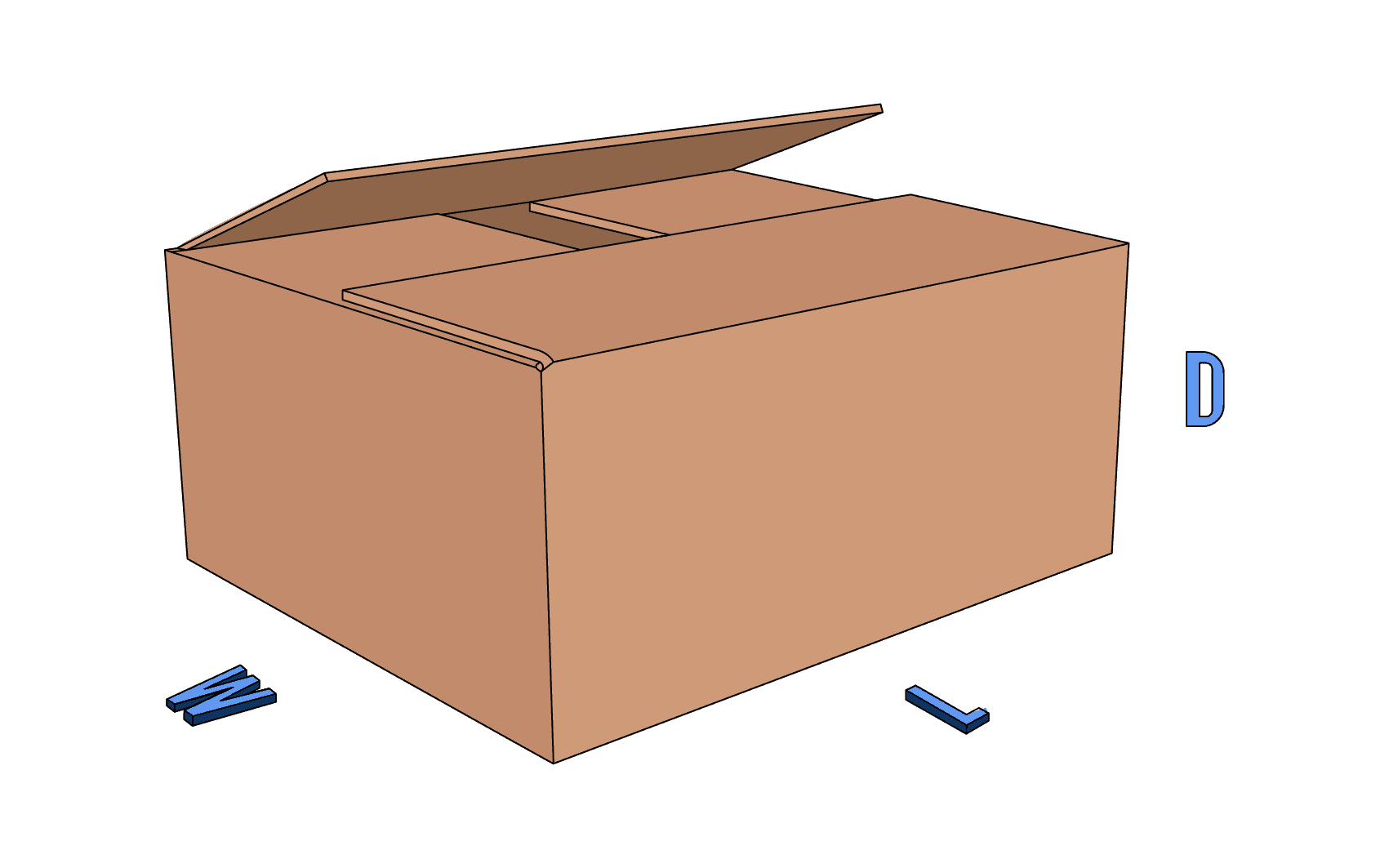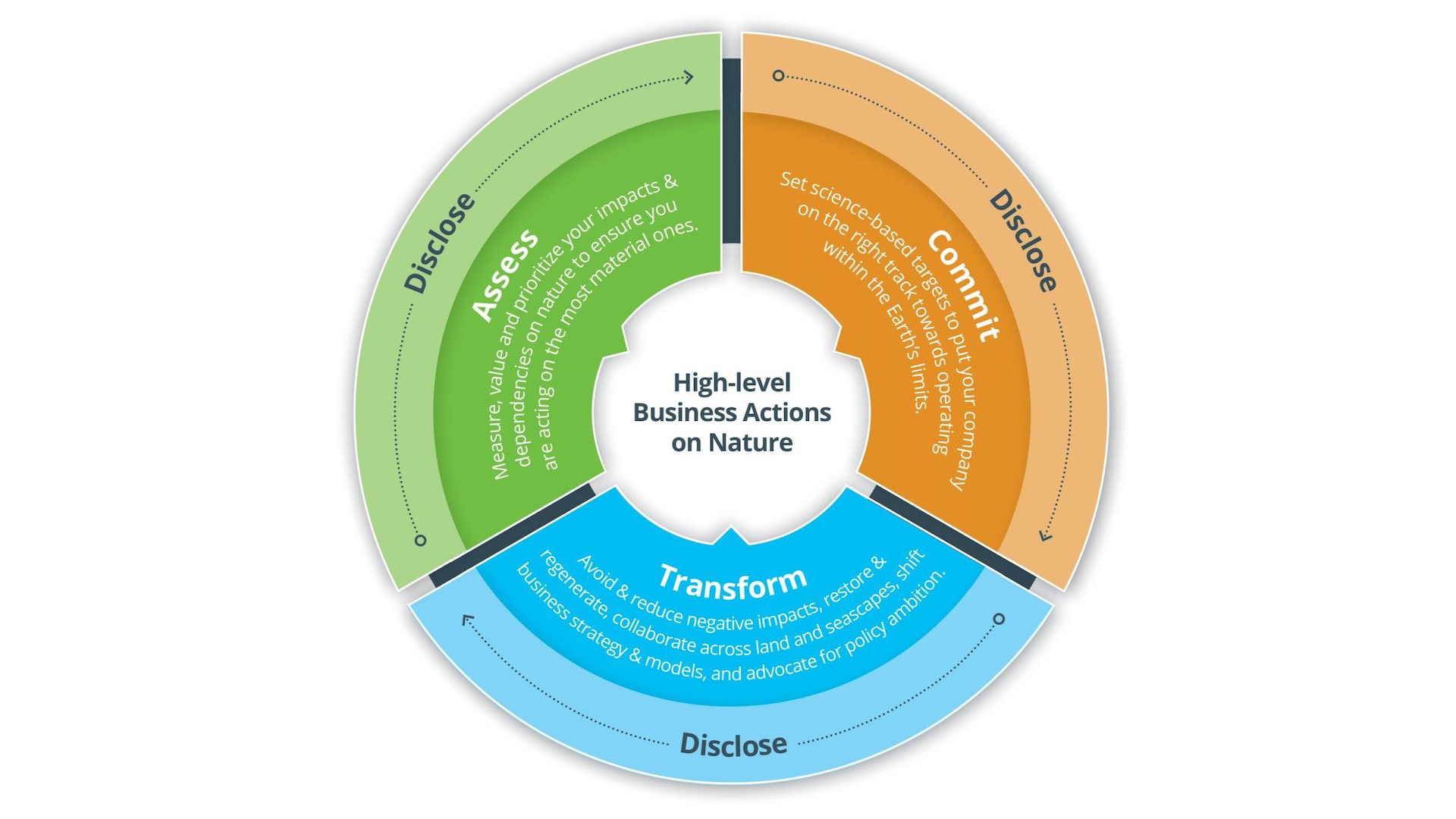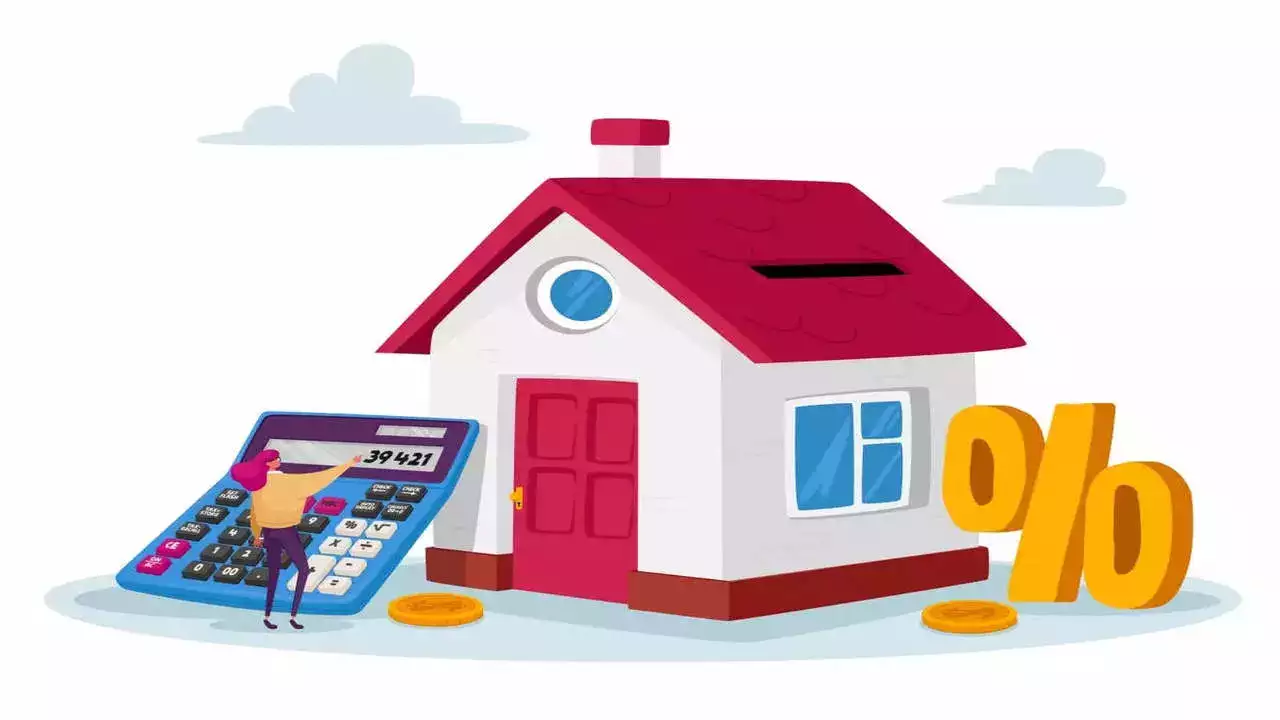Know How Interest Rates For Home Loans Decided
With the skyrocketing cost of real estate, Housing Loans have become an essential element of buying a new house. Potential home buyers can conveniently realise their dream of purchasing a new house through the easy documentation and verification processes Home Loan lenders provide these days.
Like every other loan, Home Loans are repaid along with an interest quotient. The interest rate decides the cost of the total repayment amount. The Home Loan interest rate is reasonable enough to allow borrowers to accommodate the EMIs (Equated Monthly Instalments) in their monthly budget. Banks decide the interest rate for every customer based on several factors. Knowing these factors helps you make the Home Loan as affordable for you as possible.
Factors That Determine the Home Loan Interest Rate for a Customer
- The Duration Of The Loan: The duration for which a borrower wants a Home Loan affects the interest rate. A Home Loan of a longer tenure attracts a higher interest rate. You can choose a Home Loan tenure based on your financial capacity, and the time you will require to repay the loan conveniently.
- Credit Rating Of The Borrower: Before providing a Housing Loan to any customer, the bank checks their credit rating. The credit history and credit score of an individual give detailed information about how disciplined an individual has been with his past loan repayments. A loan applicant with a high credit score and a clean credit history can get a loan at a lower interest rate due to their creditworthiness and clear repayment record. Try to maintain a credit score above 750 to get a reasonable interest rate on your Home Loan.
- Repo Rate: The Reserve Bank of India (RBI), sets the benchmark rate for banks to decide the interest rate at which they offer Housing Loans to customers. This benchmark rate is known as the repo rate. The lending rate for banks may be different from the RBI’s repo rate, but it follows the pattern of the repo rate. When the repo rate increase, usually, banks also increase their Home Loan interest rates and vice versa.
- The Job Profile Of The Borrower: Banks consider Home Loan applicants having a regular source of income or a steady job. It makes them low-risk customers since they have a higher chance of repaying the loan on time. Such customers can get a Home Loan at a lower interest rate than high-risk customers who do not have a steady source of income. Individuals working in public sector units, central or state government, multinational companies, doctors, chartered accountants, etc., have better chances of getting low-interest rates on their Home Loans.
- Loan-to-value ratio: The loan-to-value (LTV) ratio is the percentage of the property’s value for which a customer requires a loan. The rest he pays from his pocket as a down payment. If the LTV is higher for a customer, the interest rate on the loan will also be high, as a loan of a higher amount is riskier. If the borrower pays a bigger amount as a down payment, the loan amount and the interest rate will be lower.
- Type Of Interest Rate: Banks offer fixed, floating, or mixed interest rate options to Housing Loan customers. The interest rate remains the same for a fixed-interest Home Loan but may change for a floating interest rate. In the case of a mixed interest rate, the interest applicable remains fixed for a certain period, and then gets converted into a floating rate.
- The Property’s Location: The location of the house you want to buy also affects the interest rate applicable to it. A housing property in an urban area typically attracts a lower interest rate than a property in a remote or isolated location.
Apart from the factors mentioned above, a bank considers some more factors before deciding the interest rate on a Home Loan. For example, a customer who has an existing relationship with a bank can expect a lower rate of interest on a Home Loan. You can find out the interest rates banks offer on Home Loans online and even transfer an existing Home Loan to another bank through an easy Home Loan transfer process.











